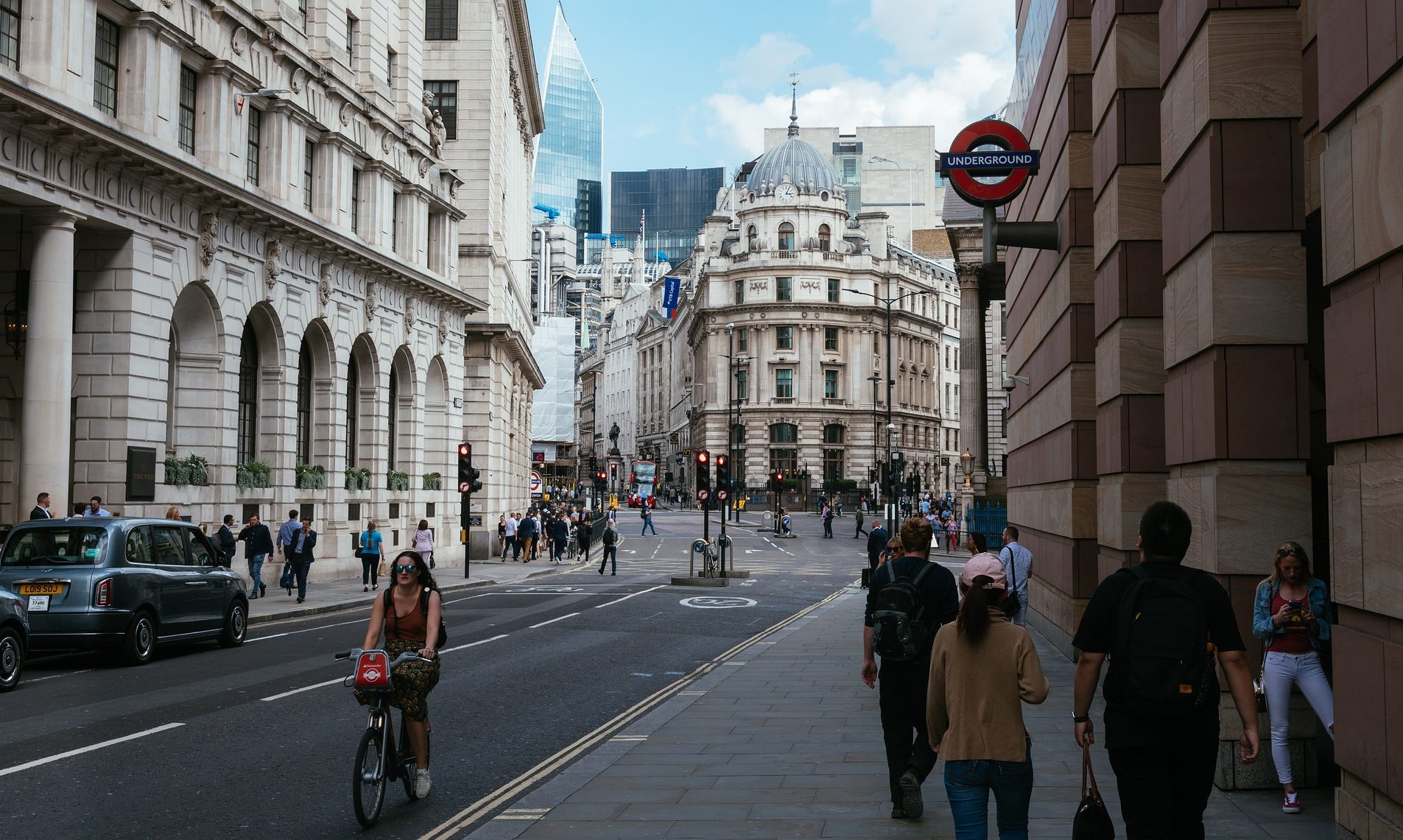Register to get 2 free articles
Reveal the article below by registering for our email newsletter.
Want unlimited access? View Plans
Already have an account? Sign in
Retail sales volumes rose by 1.9% in January 2022 following a fall of 4.0% in December 2021, according to the latest figures from the Office for National Statistics.
It also revealed sales volumes were 3.6% above their pre-coronavirus (Covid-19) February 2020 levels. Non-food stores sales rose by 3.4% as home improvement “picked up” with increased sales in household goods and garden centres.
Automotive fuel sales volumes rose by 4.1% in January 2022 following a fall of 5.0% in December when “increased” home working and lower retail footfall reduced travel.
Accounting firm RSM accredit this rise in sales to the easing of Covid restrictions suggesting it has “offset” any “huge hit” from the cost of living crisis.
However, both non-food sales and automotive sales remain below their February 2020 level. Food store sales volumes in January 2022 fell below pre-coronavirus levels “for the first time” and were 0.8% below where they were in February 2020.
Jacqui Baker, partner and head of retail at RSM UK, said: ‘It seems Covid restrictions easing has offset any huge hit from the cost of living crisis with an increase in retail sales of 1.9%. This was mainly driven by household goods and department store sales which were up by 7.5% and 7.1%, respectively.
“January is a notoriously slow month, but after the muted Golden Quarter due to the Omicron surge we are seeing a small rebound in consumer spending, but the cost of living crisis means that this uplift in sales might not last.”
She added: “The next few months will undoubtedly be tough for UK retailers, so it will be interesting to see if the Government will step in and announce new measures to ease the cost of living crisis for consumers and introduce urgent business rates reform in next month’s Spring Budget.”
Thomas Pugh, economist at RSM UK, added: “Low and falling unemployment combined with strong nominal wage growth would normally be a strong setting for consumer spending and retail sales.
“However, the surge in energy prices, which is likely to see household bills increase by 54% in April, along with higher fuel prices and an increase in national insurance contributions means that real wages, which take inflation into account, and real household disposable income are both likely to fall by a little over 1% in 2022.”



















